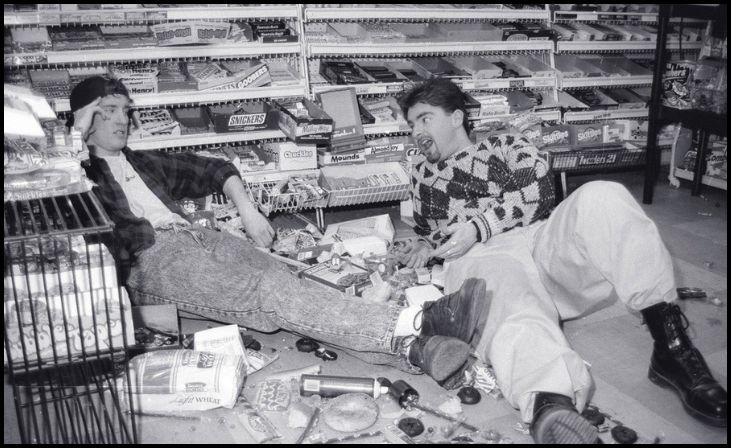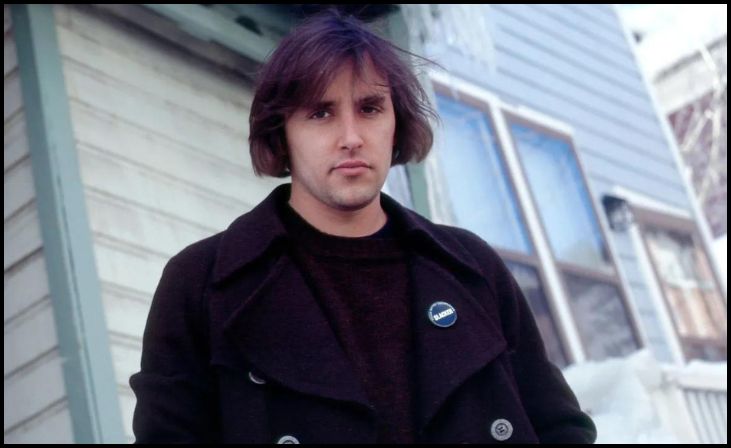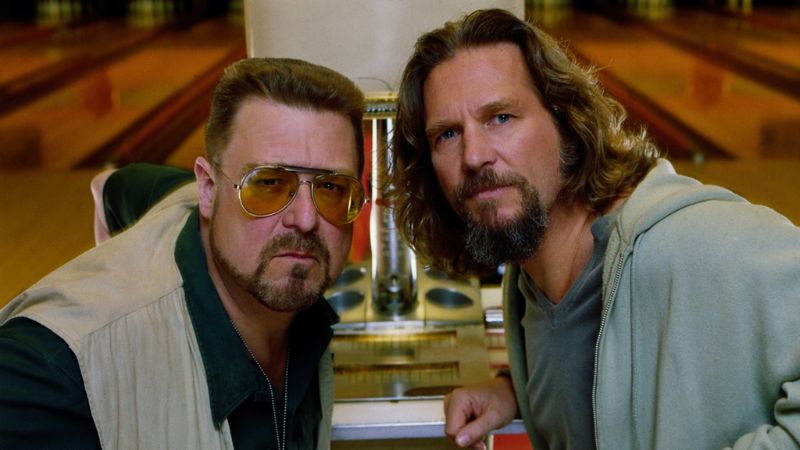In the world of cinema, not every movie needs a grand plot or high-stakes drama to be entertaining. Sometimes, it’s the simple, mundane moments and character interactions that captivate audiences. These are the “movies about nothing”—films that focus more on the journey and less on the destination. Let’s dive into eight such movies that have won hearts and stood the test of time with their unique charm and engaging storytelling.
Clerks (1994)

Kevin Smith’s indie classic, Clerks, follows a day in the life of two store clerks, Dante and Randal, as they navigate the monotony of their jobs. The film is essentially a series of conversations and encounters with eccentric customers, showcasing Smith’s sharp dialogue and relatable humor. Made on a shoestring budget, Clerks broke new ground for independent filmmaking, proving that a good script and strong characters can triumph over limited resources. Its raw authenticity and wit have earned it a cult following and a significant place in indie cinema history.
Napoleon Dynamite (2004)
Napoleon Dynamite is a quirky comedy that centers on the misadventures of a socially awkward high school student, Napoleon, and his equally peculiar friends and family. The film’s charm lies in its deadpan humor and unique characters, from Napoleon’s bizarre antics to Uncle Rico’s obsession with his high school glory days. Despite its seemingly aimless plot, the film’s offbeat humor and memorable one-liners have made it a cultural phenomenon, with many scenes becoming internet memes and pop culture references.
The Big Lebowski (1998)
The Coen Brothers’ The Big Lebowski introduces us to Jeffrey “The Dude” Lebowski, a laid-back slacker who gets entangled in a convoluted kidnapping plot. While the narrative might seem haphazard, the film thrives on its eccentric characters, witty dialogue, and The Dude’s iconic persona. The film’s unique blend of comedy, crime, and absurdity has garnered a devoted fanbase, leading to annual Lebowski Fests and widespread recognition of The Dude as a cult hero.
Dazed and Confused (1993)
Richard Linklater’s Dazed and Confused captures the essence of teenage life in the 1970s, focusing on the last day of high school in a small Texas town. The film follows various students as they navigate the pressures and freedoms of adolescence. Linklater’s direction emphasizes authentic dialogue and character interactions, creating a nostalgic and relatable portrayal of high school dynamics. The film’s ensemble cast and iconic soundtrack further enhance its enduring appeal.
Slacker (1991)

Slacker, another Richard Linklater gem, offers a glimpse into the lives of various eccentric characters in Austin, Texas. The film eschews a traditional plot in favor of a series of vignettes, each focusing on different individuals discussing topics ranging from philosophy to conspiracy theories. This experimental narrative structure highlights Linklater’s innovative approach to storytelling, influencing a generation of independent filmmakers and showcasing the vibrancy of everyday life.
Lost in Translation (2003)
Sofia Coppola’s Lost in Translation explores the unlikely friendship between Bob, a washed-up actor, and Charlotte, a young newlywed, set against the backdrop of Tokyo. The film delves into themes of loneliness, cultural dislocation, and connection through subtle, introspective storytelling. Coppola’s nuanced direction and the chemistry between Bill Murray and Scarlett Johansson make this a poignant and contemplative film that resonates deeply with audiences.
Before Sunrise (1995)
In Before Sunrise, Richard Linklater once again demonstrates his talent for capturing human connection through dialogue. The film follows Jesse and Céline, two strangers who meet on a train and decide to spend a spontaneous night exploring Vienna. Their deep conversations about life, love, and everything in between create a compelling narrative that feels both intimate and universal. This romantic drama’s minimalist approach and focus on character interaction have made it a beloved classic in the genre.
Frances Ha (2012)

Noah Baumbach’s Frances Ha is a black-and-white comedy-drama that chronicles the life of Frances, a 27-year-old aspiring dancer struggling to find her place in New York City. The film is a character study, focusing on Frances’ relationships and her often humorous, sometimes poignant attempts to navigate adulthood. Baumbach’s witty script and Greta Gerwig’s charming performance bring warmth and relatability to the story, making it a standout in contemporary indie cinema.

